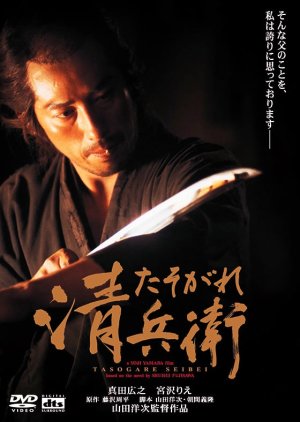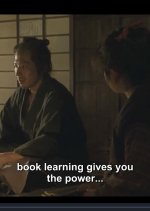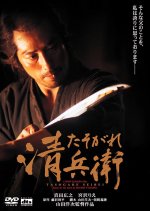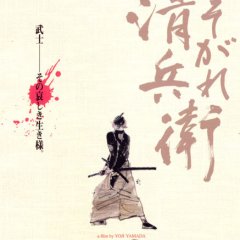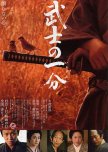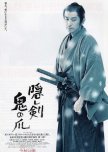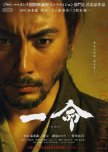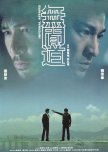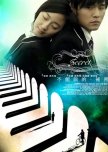- Português (Brasil)
- 中文(台灣)
- English
- magyar / magyar nyelv
- Título original: たそがれ清兵衛
- Também conhecido como: Tasogare Seibei
- Roteirista e Diretor: Yamada Yoji
- Gêneros: Histórico, Romance, Drama
Elenco e Créditos
- Miyazawa Rie Papel Principal
- Sanada Hiroyuki Papel Principal
- Kobayashi NenjiKusaka ChoubeiPapel Secundário
- Osugi RenKouda ToyotarouPapel Secundário
- Fukikoshi MitsuruIinuma MichinojoPapel Secundário
- Fukaura KanakoIinuma YaePapel Secundário
Resenhas

Two hours did not feel like two hours. It's slow-paced but it's not the kind that drags on into unnecessary details. It's also not the metaphorical tale that other try to be, the story is straightforward, simple yet there's also something so enthralling about it. You'd want to see Seibi's character and how he'd go about his life as a petty samurai with two young daughters and a senile mother to look after. He's portrayed in a pitiful way but not in the way that makes you feel sad for him but at the same time, makes you root for him. He's neither depicted as likable or unlikable, just the way he is. Raw and real.
I definitely loved the aesthetics of this film. It's set in mid-19th century Japan and everything about it feels like that -- even the Japanese that they use. I guess it's the dialect (?) but it does give off a very historical feel even the way the characters act down to the little details of the clothes, hair and such. But the colors aren't crisp that it evokes a nostalgic and dramatic feel that echoes the overall tone of the film. It's a tale of mundane life that's amplified but still concise.
Hiroki Koreeda cites his style as more of Yamada to which this having my first Yamada film, I can finally see now. The attention to details, the simplicity and the subtle dramatic tension makes the film all more beautiful. Seibei and Tomoe's formal courtship is filled with dramatic tension -- just perfect for its time. While the lone "action scene" is stretched to the last 30 minutes or so, Yamada tries to keep us at the edge of our seats as the two characters (hero and villain) talk things out before launching into battle mode, only to force us to take deep breathes as he suddenly lunges at us.
All in all, The Twilight Samurai is ultimately about family. And while a mundane tale, Seibei and the narrator (the daughter's) words make it a poetic, almost poignant one.
Esta resenha foi útil para você?

